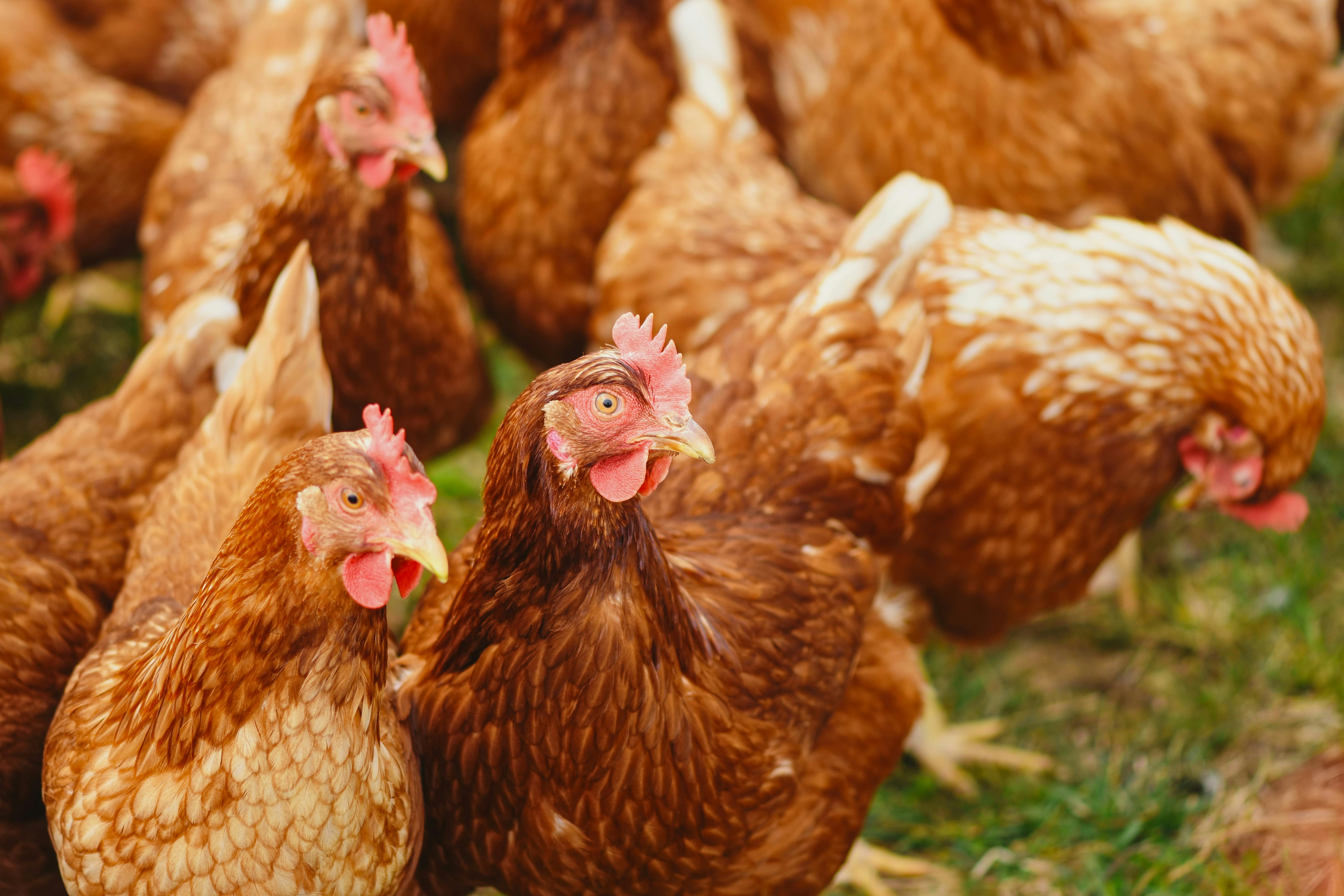



Camels are among the most resilient livestock animals, perfectly adapted to thrive in harsh and arid environments where other animals would struggle. Known as the “ships of the desert,” they play a vital role in agricultural and pastoral economies, especially in dry regions. Camels provide not only milk, which is highly nutritious and a staple for many communities, but also meat, hides, and even transportation in rural areas. Their ability to endure long periods without water, feed on rough vegetation, and still produce high yields makes them a valuable resource for sustainable farming. In modern livestock management, camels are increasingly being recognized for their potential to support food security and livelihoods in the face of climate change.

Camels are among the most resilient livestock animals, perfectly adapted to thrive in harsh and arid environments where other animals would struggle. Known as the “ships of the desert,” they play a vital role in agricultural and pastoral economies, especially in dry regions. Camels provide not only milk, which is highly nutritious and a staple for many communities, but also meat, hides, and even transportation in rural areas. Their ability to endure long periods without water, feed on rough vegetation, and still produce high yields makes them a valuable resource for sustainable farming. In modern livestock management, camels are increasingly being recognized for their potential to support food security and livelihoods in the face of climate change.